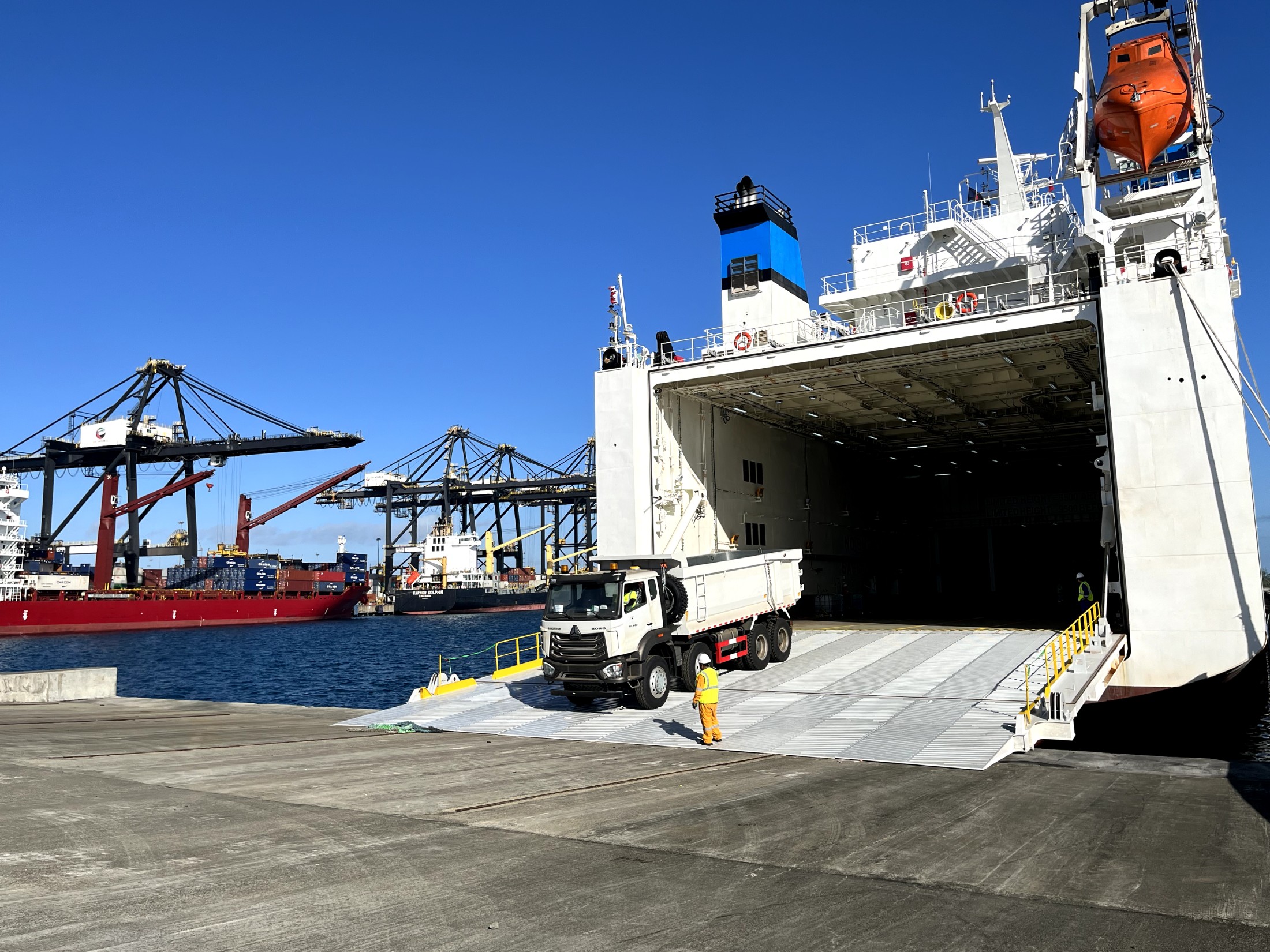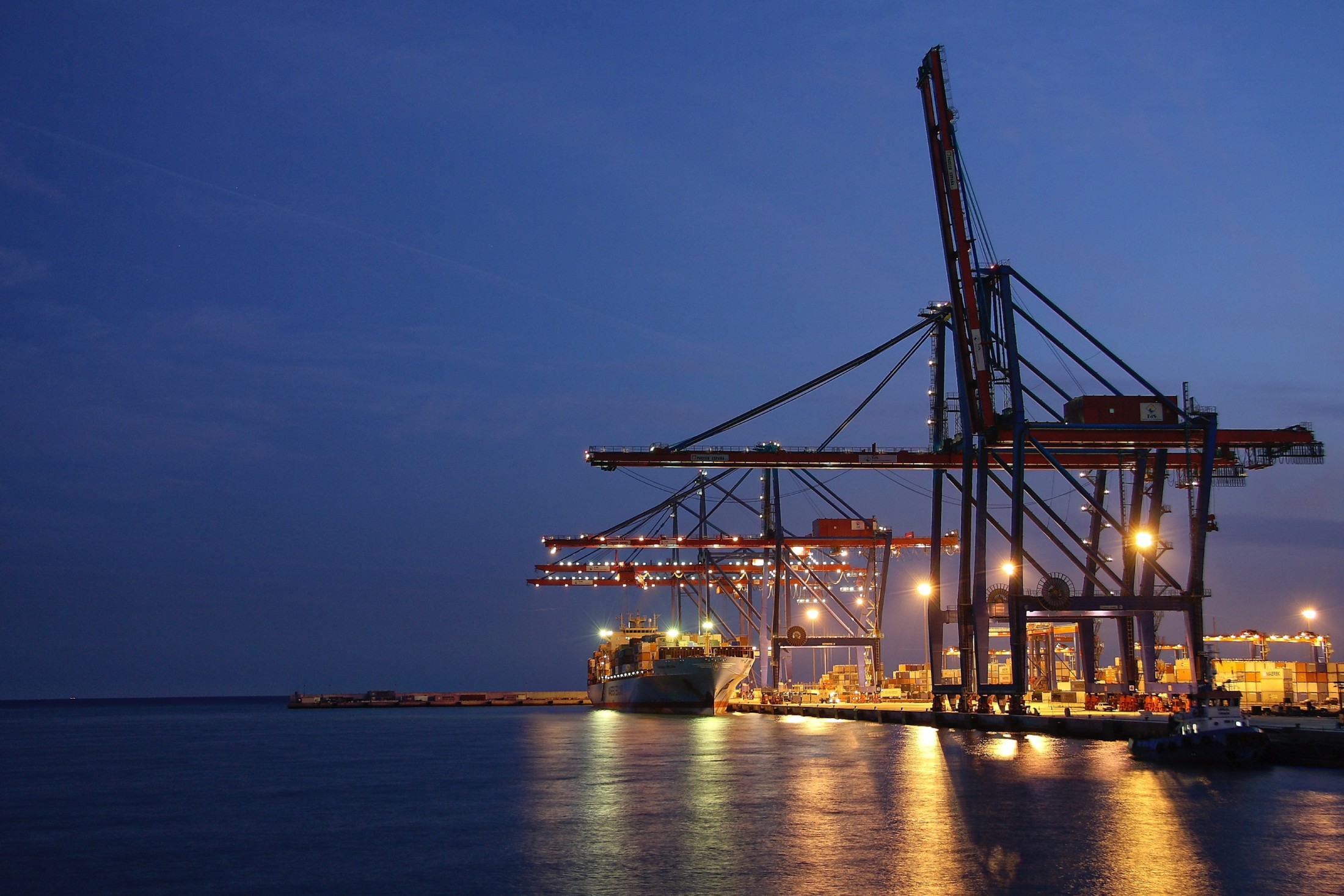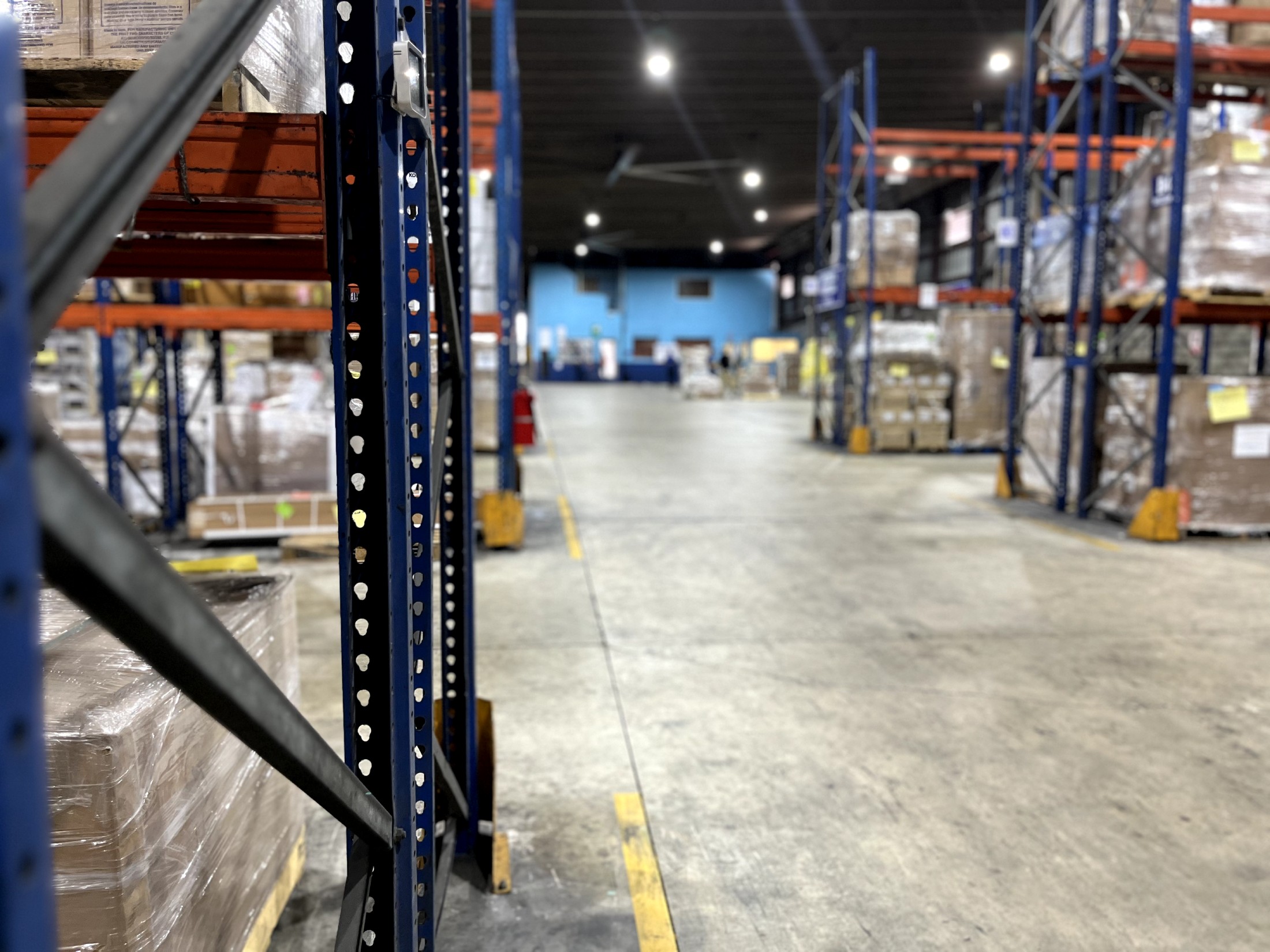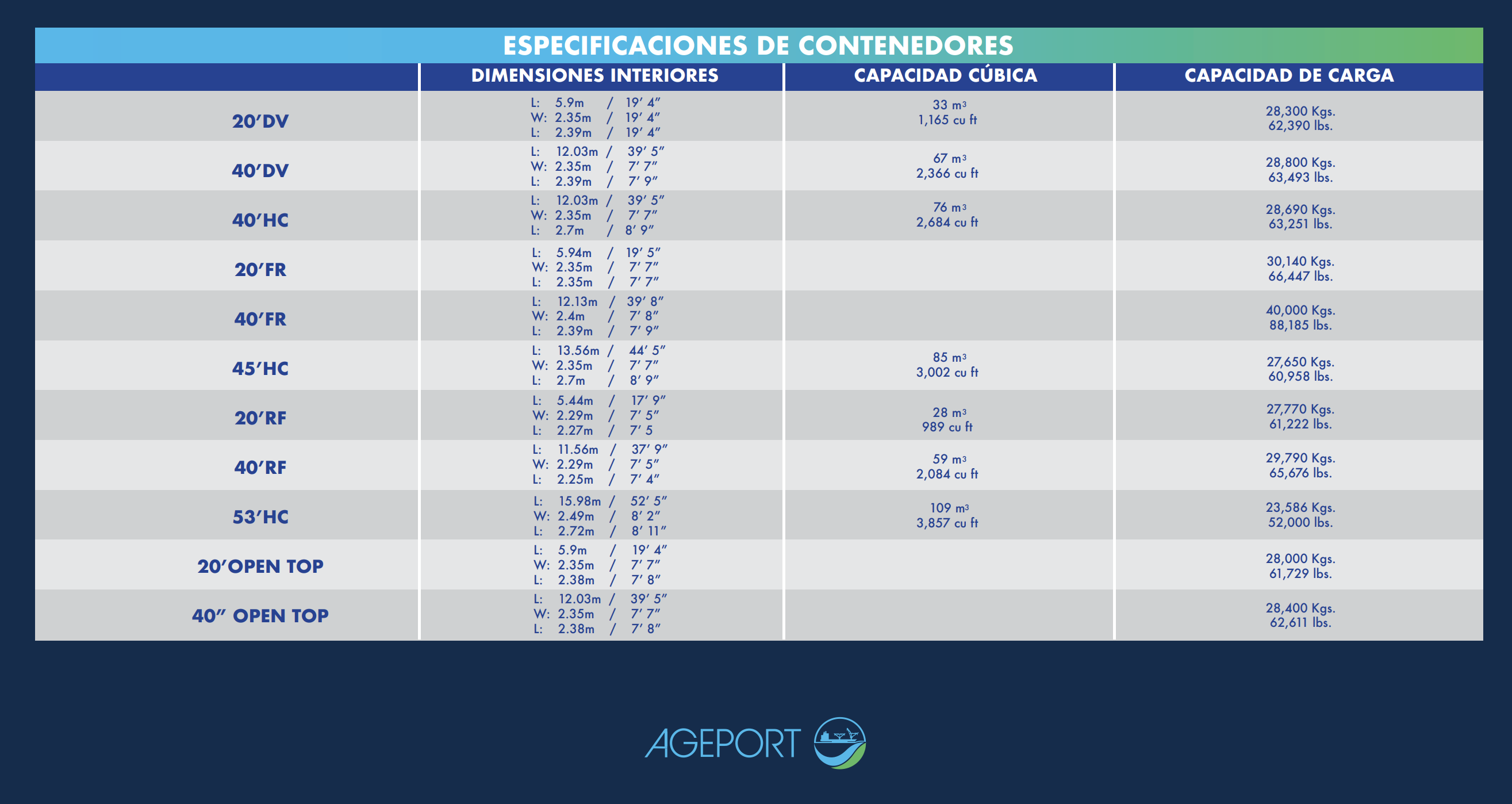Introduction
Maritime transport has not only been a backbone of global trade but, for the Dominican Republic, it represents one of the main arteries of its economy and development. Located in the heart of the Caribbean, this island nation benefits from a privileged geographical position that facilitates maritime connections with the world.
Development
The history of maritime transportation in the Dominican Republic is as old as its first settlements. Since the discovery of America, this island has been a strategic point in trade routes. Today, the Port of Caucedo, along with other significant ports such as Haina, Rio Haina, and San Pedro de Macoris, are living examples of how modern infrastructure has integrated with this maritime tradition, becoming vibrant and efficient centers of economic activity. The impact of maritime transportation on the Dominican economy is remarkable. It contributes significantly to the country’s Gross Domestic Product (GDP), not only through international trade but also by fostering related industries such as tourism, logistics and services. Dominican ports facilitate the flow of a wide range of products, from food and beverages to electronics and textiles, connecting the Dominican Republic to key markets in North America, Europe, Asia and the rest of the Caribbean. The recent enactment of Law No. 5-23 on Maritime Commerce by President Luis Abinader has been an important step to consolidate and strengthen the legal framework that regulates domestic and foreign vessels, thus promoting safety, the development of the maritime sector, and trade in the country. This legislative framework seeks to improve the country’s competitiveness and position it as a logistics hub of relevance in the region, taking advantage of its strategic location to optimize maritime transport.
Impact on globalization
Globalization has allowed the Dominican Republic to expand its reach far beyond its shores. The country’s strategic location has fostered strong and diversified trade relations. In addition, the nation has capitalized on its position to improve regional connectivity, which has had a multiplier effect on its economy and that of the Caribbean as a whole. Modern port infrastructure and policies focused on shipping efficiency and sustainability facilitate the flow of goods, fostering trade relations with partners around the world.
Conclusion
We face the future of the sector with optimism, driven by legislative and infrastructure advances. The Maritime Trade Act and continued investment in port modernization are testament to the country’s commitment to strengthening its position as a key logistics hub in the Caribbean. As the Dominican Republic continues to make progress on these fronts, its impact on global maritime trade and the regional economy will continue to grow. The Dominican Republic is at a pivotal moment in its maritime history. With the challenges and opportunities presented by the 21st century, the Dominican maritime sector has the potential to lead not only in terms of trade volume but also in innovation and sustainability. As the country continues to expand and modernize its port and logistics infrastructure, its role in global maritime trade is destined to grow even further, promoting economic development and regional integration.





